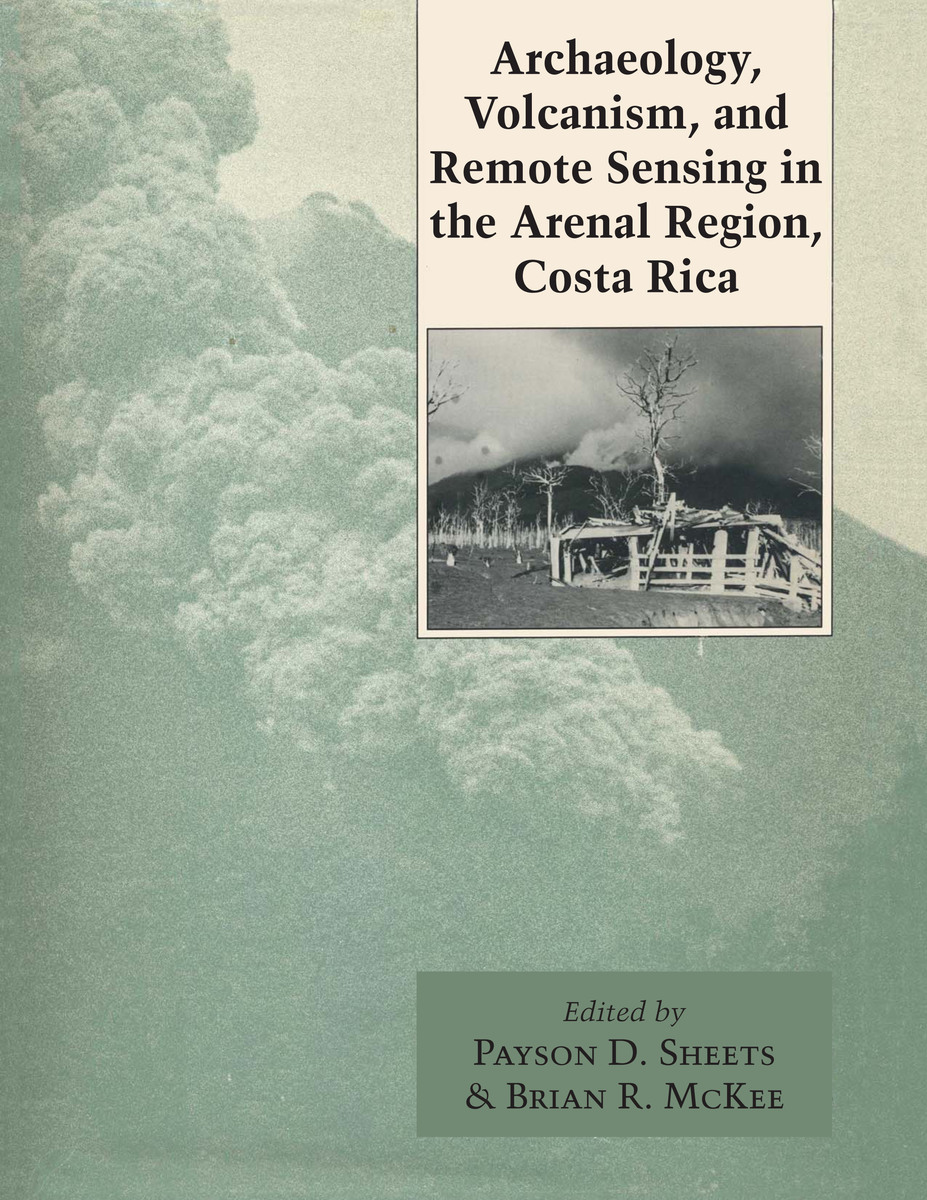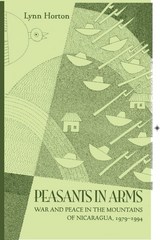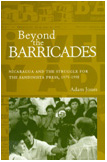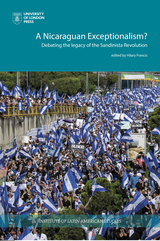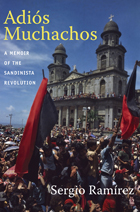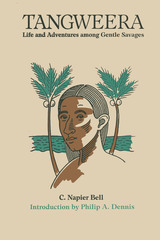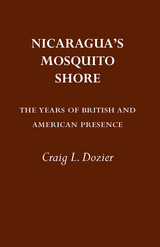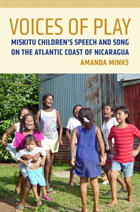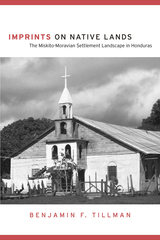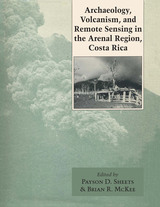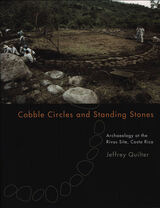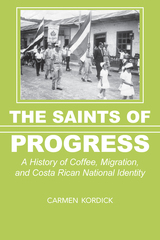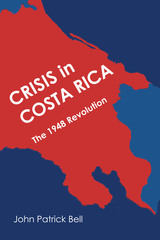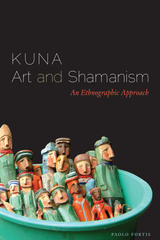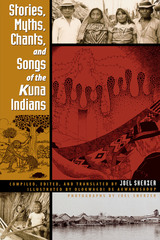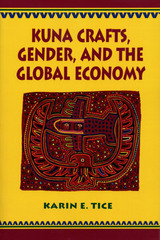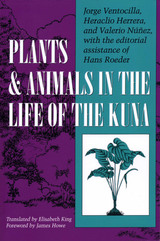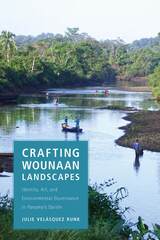Paper: 978-0-292-70435-0 | eISBN: 978-0-292-76849-9 | Cloth: 978-0-292-77667-8
Library of Congress Classification F1545.1.A7A73 1994
Dewey Decimal Classification 972.8601
How humans adapt to life in an area prone to natural disasters is an intriguing study for the social sciences. In this volume, experts from several disciplines explore the adaptation process of prehistoric societies in the volcanic Arenal region of Costa Rica from about 2000 BC to the Spanish Conquest at about AD 1500.
The data in this volume come from a survey of the region conducted with the latest remote sensing technology. Sheets and his coauthors have compiled a detailed record of human settlements in the area, including dozens of archaeological sites and a network of prehistoric footpaths that reveals patterns of travel and communication across the region. The Arenal peoples prospered in their precarious environment apparently by taking advantage of food and lithic resources, keeping population levels low, and avoiding environmental degradation. These findings will interest a wide interdisciplinary audience in anthropology and archaeology, earth sciences, technology, geography, and human ecology.
See other books on: Costa Rica | Indians of Central America | Remote sensing | Sheets, Payson D. | Volcanism
See other titles from University of Texas Press
